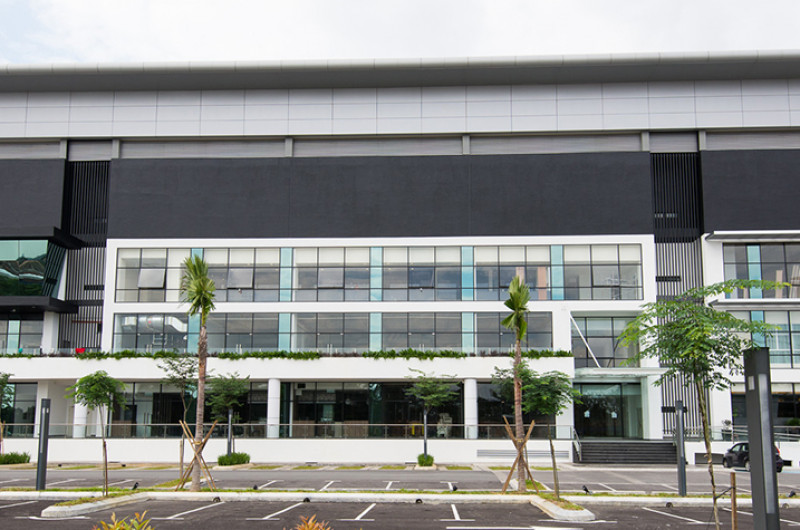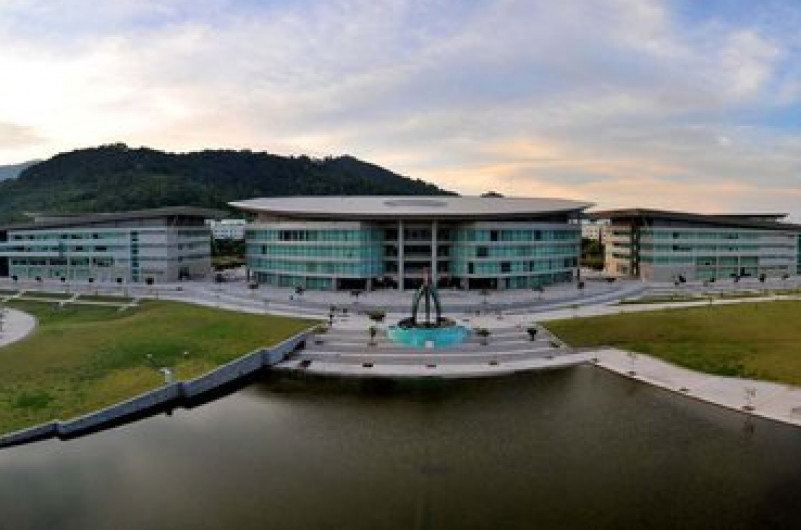What is Environmental Infrastructure Engineering?
The Environmental Infrastructure Engineering (RIL) study program is a new study program that arises on the urge to solve problems that occur in the environment around us, such as the problem of clean water crisis and slum settlement problems. Under the Faculty of Civil and Environmental Engineering, in the RIL study program we will focus on studying environmental infrastructure such as sanitation infrastructure, clean water, settlements, waste and waste, as well as infrastructure related to meeting the needs of the community. Study in this study program do not be surprised if you will often go into the field. Come directly to the Final Disposal Site (TPA) to calculate the weight of garbage, analyze the composition of waste, go to remote areas where the community is still defecating in any place because there is no adequate sanitation infrastructure.
Why did you choose this programme?
If you care and love the environment and the welfare of the community, this study program will definitely be very suitable for you. Because in this study program your eyes will be opened wide to see the problems of environmental infrastructure in any region, such as the number of people who have not been reached by access to clean water, decent housing, and sanitation facilities and how to use them.
Subjects in Environmental Infrastructure Engineering
- 1Hydraulics
- 2Biostatistics
- 3Drawing Techniques
- 4Soil Measuring Science
- 5Regional and City Infrastructure
- 6Soil and Foundation Mechanics
- 7Water and Solid Waste Laboratories
- 8Sewerage and drainage distribution systems
- 9Designing a Clean Water Treatment Plant
- 10Rural Sanitation
- 11Designing a Liquid Waste Treatment Plant
- 12Post-Disaster Sanitation
- 13Community Sanitation
- 14Infrastructure Management
- 15Waste Management System
- 16Community Participation
Suitable Student's Characteristic
- Conscientious
- Determined
- Details
- Rational
- Structured
- Independent
- Confer
- Analyze
- Problem solver
Job Prospect for Environmental Infrastructure Engineering
Sanitation issues related to public welfare are still very crucial nowadays. Therefore the world is in dire need of competent engineering graduates in the field of environmental infrastructure. RIL graduates can work in government agencies such as the Ministry of Public Works and Public Housing, consultants in the field of environmental infrastructure, NGOs engaged in community welfare, environmental infrastructure researchers and observers, and teachers.











